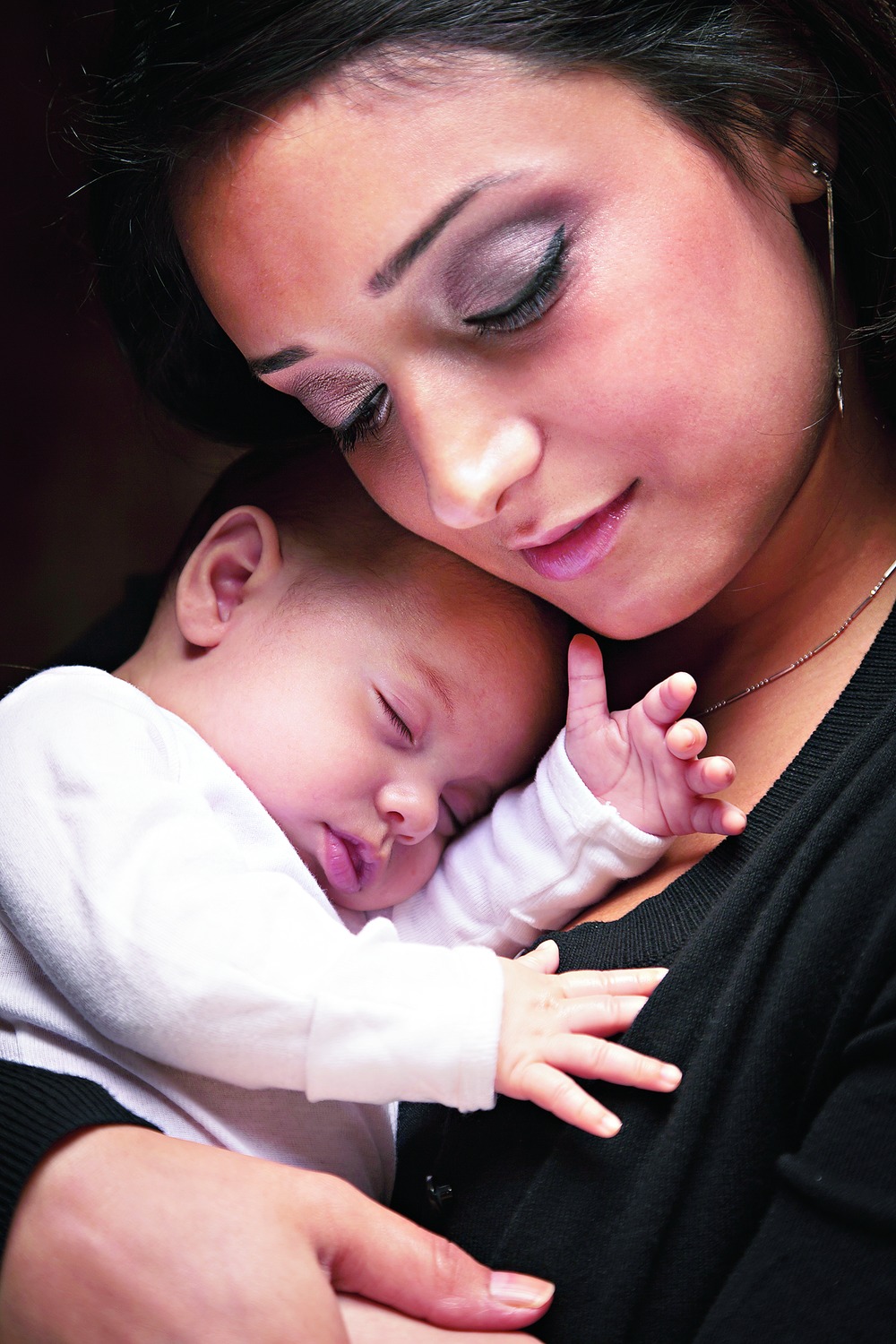If the blood pressure of a pregnant woman shot up, her doctor got really worried because it meant that blood flow to the foetus had decreased, putting it at risk. The doctor would give a sigh of relief after delivering a healthy baby because the mother's blood pressure would come down soon after. And that was the end of the hypertensive disorders of pregnancy, which includes pre-eclampsia and eclampsia.
Increasing evidence, however, indicates that pre-eclampsia (which may lead to eclampsia that involves seizures and may prove fatal for the baby, mother or both) is not just a disease of pregnancy that resolves at the time of delivery, but rather it is a signal that the woman is at risk of developing heart diseases as well as diabetes later in life, says a recent paper in the journal BMJ Open. Earlier studies in western populations have found that women with a history of pre-eclampsia have as great a risk of developing diabetes as that attributed to obesity and smoking. The importance of this study lies in the fact that it is the first one looking for a link between pre-eclampsia and diabetes in Indian women.
India already has a growing number of diabetics - over 62 million at last count. One of every 14 Indian women is diabetic.
Previous research has shown that diabetes can be prevented or delayed in high-risk groups by a variety of lifestyle changes and therapy. However, identifying at-risk populations to screen for diabetes in a poor country such as India is a critical step in translating these findings into clinical practice.

About 3-5 per cent of pregnant Indian women show signs of pre-eclampsia or eclampsia. It is also responsible for 24 per cent of maternal deaths in the country.
According to the study led by Sutapa Agrawal, an epidemiologist affiliated to the New Delhi-based Public Health Foundation of India, pre-eclampsia and eclampsia are significantly associated with an increased risk of diabetes in Indian women. Agrawal and Jasmine Fledderjohann, of the University of Oxford in the UK, used data from the third National Family Health Survey for their study. It looked at nearly 40,000 women who had had a baby five years ago. It found that even after controlling for diet, social and geographic factors, and body mass index, women with pre-eclampsia and eclampsia had a 1.6 and 1.4 times greater chance of developing diabetes later.
Agrawal says the possible reasons behind the association between the pregnancy-related hypertensive disorders and diabetes could be some common metabolic disorders such as abnormal functions in the inner lining of blood vessels, obesity, high blood pressure, failure of cells to respond normally to insulin (insulin resistance), increased blood glucose level, kidney disorders and abnormal amount of lipids in the blood.
A history of pre-eclampsia (and eclampsia) during pregnancy should alert clinicians to the need for preventive counselling and more vigilant screening for diabetes, and women should be encouraged to have a more rigorous follow-up and adopt a healthier lifestyle," suggests Agrawal.
Agrees Sandip Biswas, consultant obstetrician and gynaecologist at the Calcutta-based Bhagirathi Neotia Woman and Child Care centre, "All women with a previous history pre-eclampsia, pregnancy-induced hypertension and eclampsia should have screening for diabetes. I think the study is an excellent tool to formulate an evidence-based guideline for us."
Noted endocrinologist Ambika Gopalakrishnan Unnikrishnan, who is affiliated to the Chellaramas Diabetes Institute, says, "In the long run, protecting the health of a pregnant woman will stem from strategies that target their pre-pregnant lives."
If your pressure shot up during pregnancy, it makes sense to get screened regularly for diabetes.










